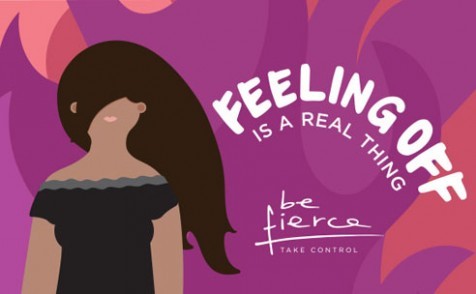On 5th December, South Africa’s parliament passed a bill to introduce a tax on drinks with a high sugar content. This comes after 18 months of negotiations which included four consultations with the public.
The tax will come into effect on 1st April 2018 and will impose a levy of 2.1 cents per gram of sugar on all sugar-sweetened drinks; the first 4g of sugar per 100ml will be exempt. What this means in practice is that the price of the average can of coke will increase by 11%.
The South African government expects to raise a significant amount of money from this new tax which will be invested into health promotion projects to tackle obesity and facilitate the prevention of non-communicable diseases like diabetes, cancer and heart disease.
With South African being one of the top 10 consumers of sugary drinks in the world, it is hoped that this tax will lead to a reduction in the consumption of these drinks which will play a part in improving the health of South Africans.
Tracey Malawana, the coordinator of the Healthy Living Alliance said:
“We applaud Members of Parliament for putting the health of millions of South Africans before the narrow interests of the beverage and sugar industries.
“Thanks to Treasury and MPs, South Africa is on the right path to reverse the alarming numbers of diabetes cases and other NCDs associated with obesity. We now look to the President to sign this important law without delay. “
South Africa joins a growing number of countries who have introduced a tax on sugary drinks. These countries include Mexico, Barbados, France, Denmark, Hungary, Portgual, Saudi Arabia, India, Thailand and others.
Sugar taxes are just one part of the global strategy to improve the public’s health through government policy. Health policy experts recommend that governments explore policies around three main areas: unhealthy foods, alcohol and cigarettes, and within these three areas to explore policies that restrict access, ban advertising (particularly to children) and increase taxes.
South Africa will have to wait a few years to determine the effect of introducing the sugar tax but initial evaluations from Mexico, who has had a sugary drinks tax for a couple of years, are very promising. An analysis of the sugar tax in Mexico found that sugary drinks consumption dropped by 5.5% one year after the sugary drinks tax was introduced, and in the second year sugary drinks consumption fell by 9.7%. Based on this, the introduction of this tax in South Africa brings the nation one step closer to tackling one of the key risk factors for non-communicable diseases and obesity.












